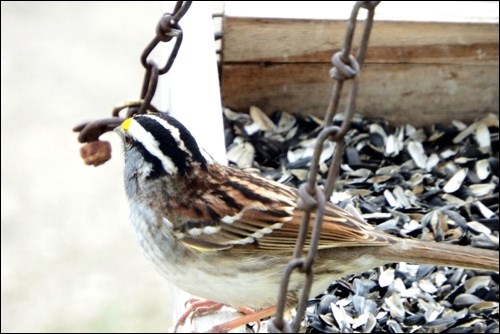By William Wardill
I am leafing through my memory’s store. Often I find myself as an observer rather than a participant. More than 20 years ago, I was present when new owners began sorting and removing the accumulations of years from an old farmhouse. The last lonely occupant of the house had been a son of the original homesteaders. One morning in the cold of winter, neighbours had seen no smoke rising from his chimney. They broke into the house to find him in his final sleep among his hoard of things both real and insubstantial.
The original homestead had shrunk to 80 acres. At its centre was the house, not large, but in its exterior details, advertising the prideful station its builders had assigned to themselves. It was at the centre of abandoned garden plots and an orchard of gnarled fruit trees. Further out was a forest of tall, dark spruce trees. It was the estate of an English gentleman. There was a ghostly essence in the air which led me to believe that the first master of the house would never have permitted his family to associate with people of the lower orders or of those who spoke in foreign tongues. I decided he had been a pompous Victorian.
The last occupant of the house had lived simply, using simple utensils. Stored elsewhere in the house were expensive dinnerware and linens, awaiting their use in a grand banquet that never came. There was a root cellar under the basement. In it were shelves containing jar after jar of preserves, labelled with contents and year. Many of the jars held stuff dried up and inedible. A dutiful son had never thrown away any of the works of his beloved mother’s hands.
I am looking at a yellowed, mouse-nibbled booklet which was filled with parlor games, puzzles, parlour tricks and tableaux. It was the guide to the amusements of the people who lived in the old house. Perhaps there were times when they shared some of these amusements with people who were socially acceptable. Without doubt, every page in the little book was a sample of propriety. There were no sinful words anywhere.
To an old man who can still find among the offerings of cable channels entertainments that are not odious or idiotic, the amusements in the little book are boring. They are, however, innocent in every word and invention.
My own imagination saw the innocence of the parlour games as part of the unhappy conceit that lived in the old house. Hidden away in the attic was a bundle of letters tied with a pink ribbon. They unfold the story of the daughter of the house and of the man who loved her. He worked hard to be worthy of her and to build what would be a good future together. She accepted an engagement ring, but they never married. She bent to the will of her parents.
What I observed, learned and imagined in that old house is another instance of how often I have observed rather than participated. I am still sorry for the young lovers and the son who died alone. Strangely, I am also sorry for the parents who thought themselves so good that they didn’t know any better.




